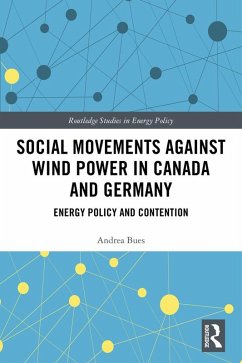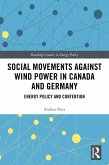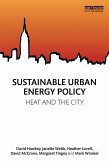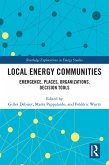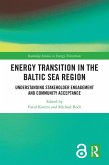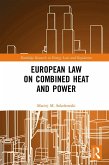Dieser Download kann aus rechtlichen Gründen nur mit Rechnungsadresse in A, B, BG, CY, CZ, D, DK, EW, E, FIN, F, GR, HR, H, IRL, I, LT, L, LR, M, NL, PL, P, R, S, SLO, SK ausgeliefert werden.
James Meadowcroft, Professor, School of Public Policy and Administration and Department of Political Science, Carleton University, Ottawa, Canada
Both Canada and Germany are facing opposition to the building of large-scale renewable energy systems yet with different force and impact. Examining how "discursive energy spaces" can influence the development of renewable energy conflicts, this fascinating book explains why anti-wind park movements in Germany have been less successful than in Canada. The book's findings have implications for energy transitions taking place around the world, making it a valuable resource for academics, students, and practitioners alike.
Miranda A. Schreurs, Professor of Environment and Climate Policy, Technical University of Munich, Germany
A useful conceptualization of the effects of context on power relations and the practical implications for the study of contentious politics.
John Gaventa, Professor, Research Director at the Institute of Development Studies, UK.
Wind energy is vital for decarbonising electricity. This book offers a highly valuable cross-national comparison of how social movements mobilize against it. The end goal of such analysis is not to abandon or reject wind energy, but to make it more equitable. The book offers insightful analysis of how context matters for achieving a fairer low-carbon future.
Benjamin K. Sovacool, Professor of Energy Policy at Sussex University, UK, and author of Visions of Energy Futures and Energy Security, Equality and Justice (both published by Routledge)

